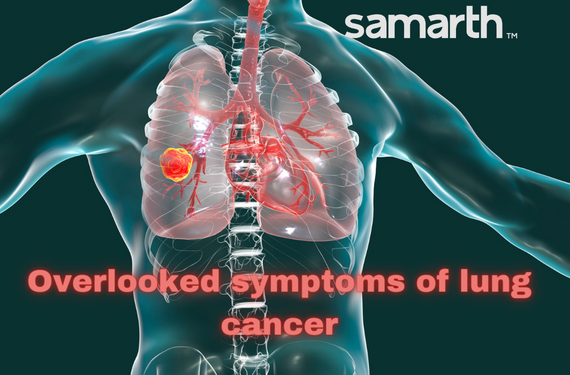The best way to conquer cancer is to detect it early. And to do so, it is necessary to undergo screening at the right time. In India, we are used to diagnostic tests rather than screening tests. When we report to a doctor with specific symptoms, the doctor may prescribe some tests to diagnose the cause based on need. It is quite possible that by then, cancer might have developed beyond an early stage.
In many forms of cancer, there is a possibility that it may not present any symptoms in the early stages. Also, it may manifest a few such symptoms which we never relate to cancer and ignore. In screening tests, doctors request high-risk patients to undergo preventive screening to detect the early stage of disease, if any. For example, doctors suggest women undergo an annual pap smear and mammogram after a certain age to detect possible ovarian and breast cancer. Since genetics and family history play a significant role in certain cancers, annual screening can help detect the disease early for timely treatment. In Western countries, doctors suggest yearly lung cancer screening, especially for people considered to be high-risk. However, it is not so in India currently. So, what are those symptoms we can watch out for?
The known lung cancer symptoms

Join Now >
Some of the better-known lung cancer symptoms are:
- Persistent cough
- Hoarseness
- Coughing up blood
- Unexplained weight loss
- Shortness of breath
- Tiredness
- Chest pain with deep breathing and coughing
If you have experienced one or more of these symptoms which do not seem to go away, it is best to visit a doctor and get a screening done. However, a few lesser-known, surprising symptoms associated with lung cancer also occur. Here are eight of them for you to watch out for.
- Stomach issues
One or two in every ten lung cancer patients develop stomach issues due to high blood Calcium levels. It causes nausea, stomach aches, vomiting, and even constipation. Sometimes, you may even lose your appetite due to these issues. As we all know, we often ignore stomach issues such as gastric or indigestion, try home remedies, and visit a doctor only if things go out of hand.
- Back or shoulder pain
Pancoast tumour, an upper lung cancer, occurs at the upper end of either of the lungs and causes pain in your back, shoulder, and arm rather than your respiratory organs. This cancer can spread to the spine, ribs, etc., if not detected and treated in time.
- Fatigue
Tiredness, fatigue, or a low red blood cell count can indicate lung cancer. The fatigue, in this case, happens because the cancer cells feed themselves with nutrients and leave their normal cells depleted. The blood cells will not get the required amount of oxygen, leaving you tired. However, fatigue is a symptom of many underlying diseases, not easily linked to lung cancer.
- Balance issues
If you are experiencing balance issues while trying to sit, get up, etc., underlying lung cancer may be the reason. Lung cancer cells can attack your nervous system and muscles, weakening them and causing balance issues during movements.
- Eye issues
Imagine having even eye issues linked to lung cancer. Sadly, it’s possible. Small cell lung cancer can affect the nervous system causing vision issues. Also, some lung cancer tumours can affect the nerves of the eyes and the face, even causing a droopy eyelid.
- Headaches
You might have heard of brain tumours causing headaches. You may wonder how it is linked to lung cancer. If a tumour is squeezing your superior vena cava, making it hard for blood to flow through, it can cause your head to pound, or you may even pass out. Even high calcium levels can bring on terrible headaches. If the nature or periodicity of your headaches differs, it is best to get a check-up done.
- Finger clubbing
80% of the people who have finger clubbing have lung cancer. However, it is not a well-known symptom of lung cancer. Some tumours generate hormone-like chemicals, pushing more blood and tissues to the fingertips, causing their changed look. Thus, they look fatter and may be an indicator of lung cancer.
- Mental health issues
Some studies suggest that the odds of people with mental health issues developing lung cancer are higher. We need more conclusive research to arrive at specific conclusions. However, it could be due to the cancer effect on the brain and hormones, causing anxiety and depression.
None of these symptoms conclusively indicate the presence of lung cancer and may occur due to various other reasons. However, if you notice these symptoms, it may be better to discuss them with your doctor and get a screening done, especially, if you are in the high-risk category.











